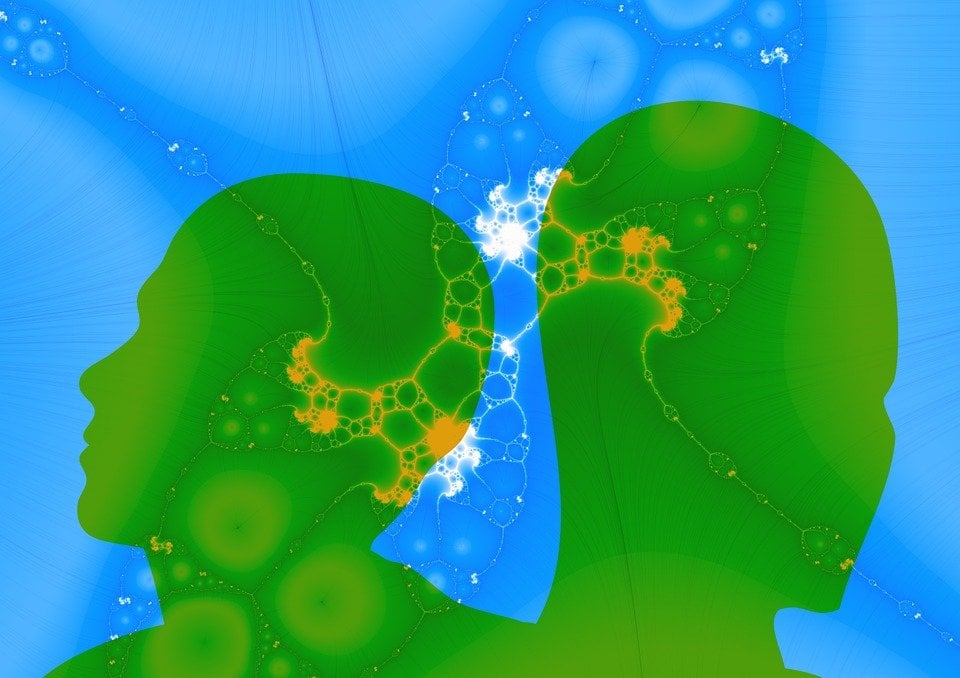Summary: A new theory bridges the gap between philosophical arguments for free will and neurocognitive reality.
Source: University of Warwick
Do human beings genuinely have free will? Philosophers and theologians have wrestled with this question for centuries and have set out the ‘design features’ of free will – but how do our brains actually fulfill them?
A University of Warwick academic has answered this question for the first time in a new paper published today in Proceedings of the Royal Society B.
Professor Thomas Hills from the Department of Psychology set out to bridge the gap between the philosophical arguments for free will and the neurocognitive realities.
In philosophy, elements of free will include the ability to do otherwise – the ‘principle of alternative possibilities’; the ability to deliberate; a sense of self; and the ability to maintain goals – ‘wanting what you want’.
Drawing on examples from making a morning coffee to taking a penalty kick, and considering organisms from human beings, e-coli, cockroaches, and even robots, Professor Hills argues that our neurocognitive abilities satisfy these requirements through:
- Adaptive access to unpredictability
- Tuning of this unpredictability to help us reach high-level goals
- Goal-directed deliberation via search over internal cognitive representations
- A role for conscious construction of the self in the generation and choice of alternatives.
Commenting on his paper, Professor Hills said: “Neurocognitive free will – the free will that we have as humans – is a process of generative self-construction. I demonstrate that effortful consciousness samples from our experience in an adaptively exploratory fashion, allowing us to explore ourselves in the construction of alternative futures.”

“There is evidence that people who believe in free will are more pro-social. They adopt behavior that benefits others and society as a whole, and have a greater sense of control of their future – they believe they can influence the future in positive ways. This is important. Neurocognitive free will provides a basis for understanding why they are correct.”
“Neurocognitive free will ties our understanding of free will to something real. It also helps us to understand what it means. I suspect it’s not what most people think. As Sartre once said, “Freedom is not a triumph”. But I think neurocognitive free will gives some hints to how it could be. That will be a focus of future work. ”
Source:
University of Warwick
Media Contacts:
Sheila Kiggins – University of Warwick
Image Source:
The image is in the public domain.
Original Research: Open access
“Neurocognitive free will”. Thomas T. Hills.
Proceedings of the Royal Society B. doi:10.1098/rspb.2019.0510
Abstract
Neurocognitive free will
Free will is an apparent paradox because it requires a historical identity to escape its history in a self-guided fashion. Philosophers have itemized design features necessary for this escape, scaling from action to agency and vice versa. These can be organized into a coherent framework that neurocognitive capacities provide and that form a basis for neurocognitive free will. These capacities include (1) adaptive access to unpredictability, (2) tuning of this unpredictability in the service of hierarchical goal structures, (3) goal-directed deliberation via search over internal cognitive representations, and (4) a role for conscious construction of the self in the generation and choice of alternatives. This frames free will as a process of generative self-construction, by which an iterative search process samples from experience in an adaptively exploratory fashion, allowing the agent to explore itself in the construction of alternative futures. This provides an explanation of how effortful conscious control modulates adaptive access to unpredictability and resolves one of free will’s key conceptual problems: how randomness is used in the service of the will. The implications provide a contemporary neurocognitive grounding to compatibilist and libertarian positions on free will, and demonstrate how neurocognitive understanding can contribute to this debate by presenting free will as an interaction between our freedom and our will.






